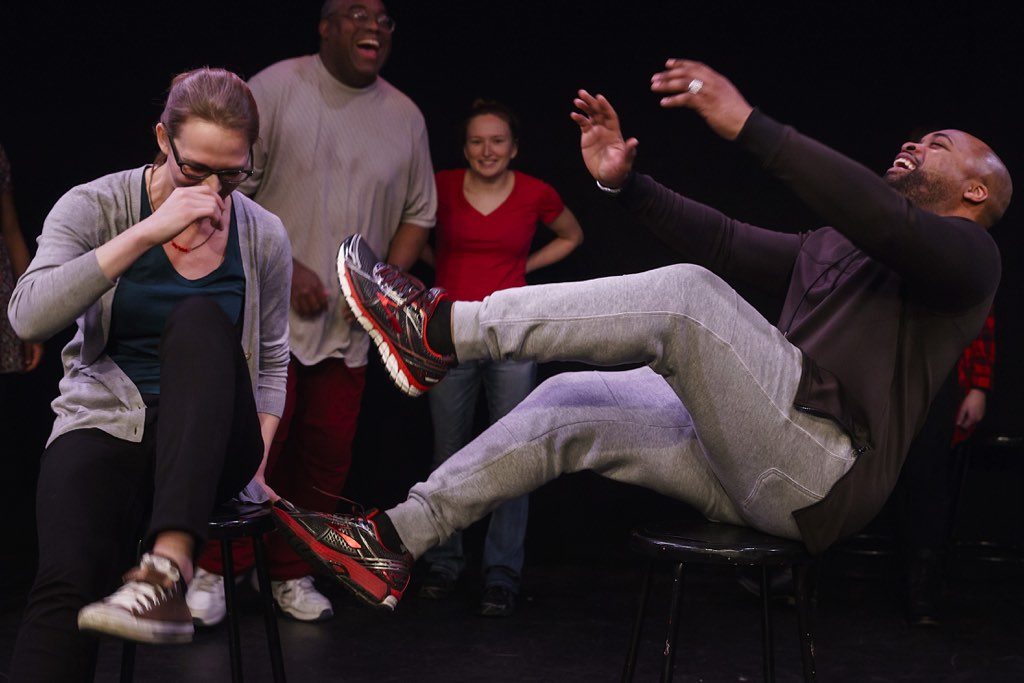
Nicholas Braswell is a former public defender now in private practice as a criminal and DUI defense attorney in Richmond, VA.
A recent statistical analysis of marijuana arrests in the state reveals racial disparities in marijuana arrests in Virginia.
Data was collected from state and local law enforcement agencies for arrests which took place between 2010 through 2016. In all, there were over 160,000 arrests made.
The data revealed that blacks were three times more likely to be arrested on marijuana charges as whites. In one county, that number spiked to six times more likely.
Hanover County has 88,000 white residents and 9,600 black residents. The average number of whites arrested each year for marijuana possession is 246. That means for every 100,000 white residents, 280 are arrested.
The average number of blacks arrested each year for marijuana possession is 171. That means for every 100,000 black residents, 1,779 are arrested.
Other Virginia counties fared no better. The breakdown of marijuana possession arrests for every 100,000 white and black residents was as follows:
- Arlington County – 145 out of every 100,000 white residents and 1,173 out of every 100,000 black residents;
- Chesapeake County – 233 out of every 100,000 white residents and 1,003 out of every 100,000 black residents;
- Chesterfield County – 322 out of every 100,000 white residents and 1,070 out of every 100,000 black residents;
- Fairfax County – 265 out of every 100,000 white residents and 861 out of every 100,000 black residents;
- Henrico County – 123 out of every 100,000 white residents and 450 out of every 100,000 black residents;
- Loudoun County – 163 out of every 100,000 white residents and 459 out of every 100,000 black residents;
- Norfolk County – 96 out of every 100,000 white residents and 447 out of every 100,000 black residents;
- Prince William County – 306 out of every 100,000 white residents and 637 out of every 100,000 black residents;
- Richmond County – 345 out of every 100,000 white residents and 491 out of every 100,000 black residents;
- Virginia Beach County – 91 out of every 100,000 white residents and 435 out of every 100,000 black residents;
Some law enforcement denied that the disparity in numbers has anything to do with racial factors, instead pointing to Virginia being part of the “drug corridor” running from New York to Florida, but civil right advocates disagree and say this is just another example of how widespread the problem is.
Upon learning of the new report, defense attorney Nicholas Braswell commented, “This report just emphasizes the reality for Virginia and the rest of the country that a racial disparity in our criminal justice system truly exists and that we need to address that instead of denying it.”
Break your routine. Meet other fun and interesting people. Discover a new sense of freedom and play.
Take a class at Washington Improv Theater and let yourself get away from the grind of the scripted city for a few hours a week. Classes start next week and some sections are already full!
‘Improv for all’ is our philosophy: whether you’re a nonprofit employee, a corporate lawyer, a software engineer or a high school English teacher, you’ve got something to gain from taking our Foundations of Improv class.
You don’t have to be a “funny person”—our program welcomes everyone with no prerequisites or prior experience necessary.
Our students say:
- “An excellent opportunity to check your title and circumstance in life at the door, let loose, learn what it is to be invested in the success, and confidence of those around you. Fly that freak flag tall and proud.”
- “You make instant friends and push yourself in ways that you might not initially believed possible.”
A unique social and creative outlet, a class at WIT spans 8 weeks with a seasoned improv instructor. Learn more about what one of WIT’s improv classes can do for you by reading what our students say and checking out our list of frequently asked questions.
Looking to check out improv from the audience? Check out a show this weekend at the WIT Road Show at DC Arts Center in Adams Morgan. Use the code POPVILLE to get tickets for just $10 each!
Be spontaneous: learn improv with WIT!

By Shawn Sukumar, barred in the District of Columbia. Shawn practices criminal law including cases involving traffic stops, drug offenses and DUIs.
If you are in Washington D.C., the law allows you to possess, grow, or give away as a gift marijuana. What you are not allowed to do is sell it. It is that law that D.C. police are using for the $20 sting operations they have been running lately.
Last month, police ran sting operations where they purchased $20 worth of marijuana in separate occasions which resulted in the arrests of seven people. The limit of possession under the local law is two ounces. Twenty dollars will currently get someone approximately one gram of pot, far below the legal limit of two ounces.
A spokesperson for the police said the decision to run these sting operations were a result of complaints from people living in the neighborhoods where the operations took place, which were located southeast of the Anacostia River and does not reflect a change in the department’s marijuana policy.
One of the founders of the D.C. Cannabis Campaign expressed some doubts as to the department’s statement. In a statement, activist Adam Eidinger said, “I would disagree; there is a crackdown compared to the first year after legalization,” he says. “The first year of legalization in 2015 was very hands-off, except for in Ward 8 with public smoking arrests, but now citywide there seems to be a crackdown.”
One of the major issues in marijuana reform is the failure of federal laws to recognize the changes that state laws have made when it comes to the legalization and decriminalization of marijuana.
Two months ago, statements made by Attorney Jeff Sessions drew sharp criticism from marijuana advocates when he said that marijuana use is “slightly less awful” than heroin use and questioned the viability of medical marijuana.
Under current law, there is a congressional spending rider protecting medical marijuana. There is not one for recreational marijuana because the Justice Department under the Obama presidency chose to leave it up to local prosecutors in order to allow for state autonomy.
But many of the current AG’s rattlings have indicated that he may be considering legal action that could overturn the current state-regulated marijuana markets.
In a discussion regarding the latest police stings and possible threat to current marijuana laws, defense attorney Shawn Sukumar said, “It appears that law enforcement – under the influence of the current administration – may be once again taking a heavy-handed approach to marijuana policing. The majority of D.C. residents have spoken with their overwhelming support and approval to eradicate the criminalization of marijuana, as well as study after study which proves the benefits of medical marijuana to people suffering from a range of illnesses. Why does it appear that law enforcement is not listening?”

Steve Duckett is a criminal defense attorney in Manassas, Virginia, with Price Benowitz LLP. Steve defends clients in Virginia and federal court, and his practice includes white collar defense, felony allegations, and DUI cases.
Inflation not only affects your wallet, it can also affect your criminal record in the state of Virginia. That is because – unlike 30 other states across the country – Virginia lawmakers refuse to increase the dollar minimum for felony charges.
Virginia has held to the same felony bar amount of $200 since 1980. Two hundred dollars in 1980 is equal to $600 today. If you are accused of stealing an item that is worth more than $200, you could be facing felony charges.
Compare that to dozens of states which have raised their felony bar amounts, and Virginia’s law appears to be extremely harsh. For example, more than 35 states have a felony bar of $1000 or more. Texas and Wisconsin have their felony bar amount set at $2,500.
Yet in Virginia, if a young person makes a one-time error in judgment – often the case in low dollar amount theft cases – they could end up with a felony charge on their record which could affect them for the rest of their lives.
Attempts to raise the amount to $500 last month was blocked by the Virginia House after it passed overwhelmingly by the Senate. Representatives faced great pressure from retail groups who questioned why lawmakers were trying – in their opinion – to make it easier for people to steal.
First-time offenders are often left facing a tough dilemma because although many prosecutors will agree to reduce the charge to a misdemeanor if the amount stolen is under $1,000, they often insist that the defendant has to do some jail time. Yet most judges do not sentence first-time felony offenders any jail time.
So, a person charged is forced to decide whether or not to do jail time and have a misdemeanor on their record or do no jail time, but have a felony conviction on their record, which can have a serious impact on a person’s future chance of employment, housing, education, and government benefits.
In discussing the state’s felony bar amount, defense attorney Steve Duckett said, “Charging a person who makes a one-time mistake and steals an item the same charge as a person involved in a shoplifting ring that steals thousands of dollars’ worth of merchandise is archaic and unjust. It is time Virginia lawmakers take the appropriate steps to address this problem.”










